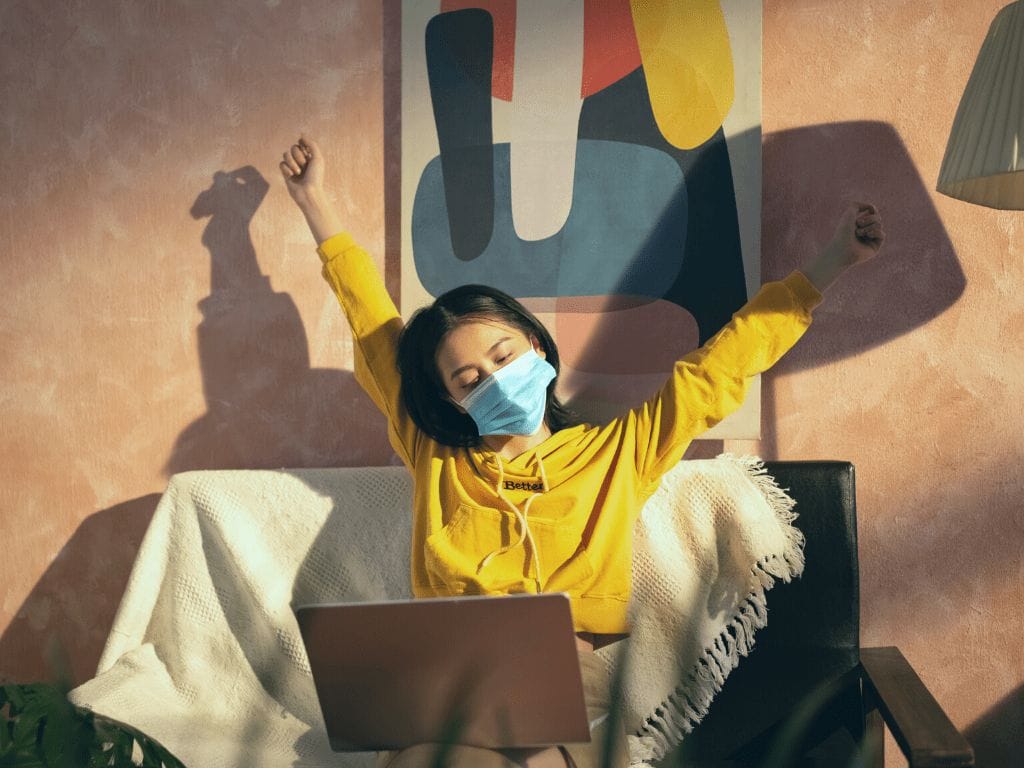How to Fight COVID-19 At Home
At this point, it’s like a lottery that no one wants to win. COVID-19 is no joke, even if we’ve just gotten over the recent wave of cases. Social media is awash with people posting their ART kits, with the ‘T’ line gradually fading. And now, it’s almost inevitable that one of our family members will get infected. While the symptoms nowadays are milder (for most of us, thankfully), and we’re all tired of relentless COVID 19 updates, it’s still safer to take precautions to lower the risk of complications and severe illness. So here’s how to fight COVID-19 at home.
Table of Contents
No Time to Read? Here’s a Snappy Summary of This Article
- DIY Health Boosters: Elevate well-being with simple, effective strategies you can do at home.
- Immune-Boosting Recipes: Nourish your body with delicious recipes designed to support your immune system.
- Mind-Body Wellness: Foster mental and physical health with easy, daily practices at home.
- Home Workout Hacks: Stay fit and motivated with enjoyable exercises in your living space.
- Herbal Remedies: Harness the potential health benefits of powerful herbs readily available at home.
- Stay Safe and Informed: Arm yourself with valuable tips to protect against COVID-19 at home.
1. Know the Warning Signs
It helps to first notice the symptoms for COVID-19, which depends on the variants. For now, Omicron is the most viral variant, and detected cases mostly displayed mild COVID-19 symptoms:
- Dry cough
- Body aches
- Fatigue or tiredness
- Congested and runny nose
- Sore throat
- Headache
Though, the presence and severity of COVID-19 symptoms can be affected by age, your COVID-19 vaccination status, the presence of other health conditions, and history of prior infection.
But you’d have to see if the symptoms worsen or if there are signs of severe illness. There are emergency warning signs that warrant immediate medical attention and emergency care:
- Breathing troubles
- Persistent pain or pressure on the chest
- New confusion
- Bluish lips or face
- Difficulty staying awake
- Pale, grey or blue-coloured skin, lips or nail beds—depending on your skin tone
And there’s a reason why Temasek gave out pulse oximeters for every household in Singapore. The device measures the oxygen levels in your blood, which helps check your breathing. You might need to head to a hospital when you get a reading of less than 92% on the pulse oximeter. So if you do get one of these nifty little gadgets, do understand how to use it properly, and when a reading should prompt a call to the doctor.

2. Treating COVID-19 At Home
The symptoms usually last a few days, and you might feel better in about a week or so. And it’s kind of like treating for when you have a cold: you just need a bit of rest, plenty of fluids, and a Panadol tablet or two.
But let’s say that you have older family members, then you should call a doctor as soon as symptoms start. That’s especially so if the family member has existing medical conditions because those factors may increase the risk of more serious complications with COVID-19.
That said, caring for a sick person could affect your own health too. If you’re older or have an existing medical condition, you may have a higher risk of serious illness yourself. So you might have to consider isolating yourself from the sick person and ask another person to provide care.
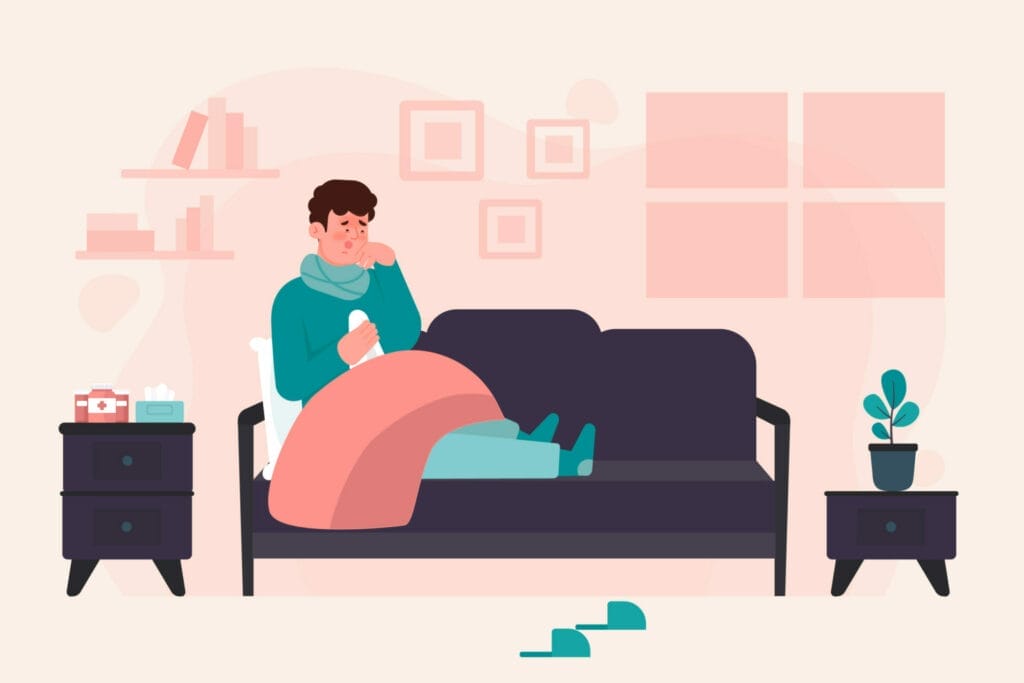
3. Extra Precautions to Take
It’s taking all the COVID-19 tips into your home. It can be a bit tedious. After all, who likes to wear a mask at home? But it could make a difference in the severity of the illness from COVID-19. And you could prevent COVID-19 from spreading in your home. Better to be safe than sorry!
Stay isolated
- This helps prevent the spread of infection with the COVID-19 virus. So, stay. Home. You should be isolated in your room, away from your family or other people living in the same household. That means eating in your own room, and using a separate bathroom too, if it’s possible.
- Keep the windows open in your room and the rest of the house as well. That way, you can keep the air circulating. A little fresh air would certainly help: proper ventilation could reduce the concentration of airborne viruses indoors. Proper ventilation could also reduce surface contamination since it could remove some virus particles before they fall out of the air and land on surfaces.
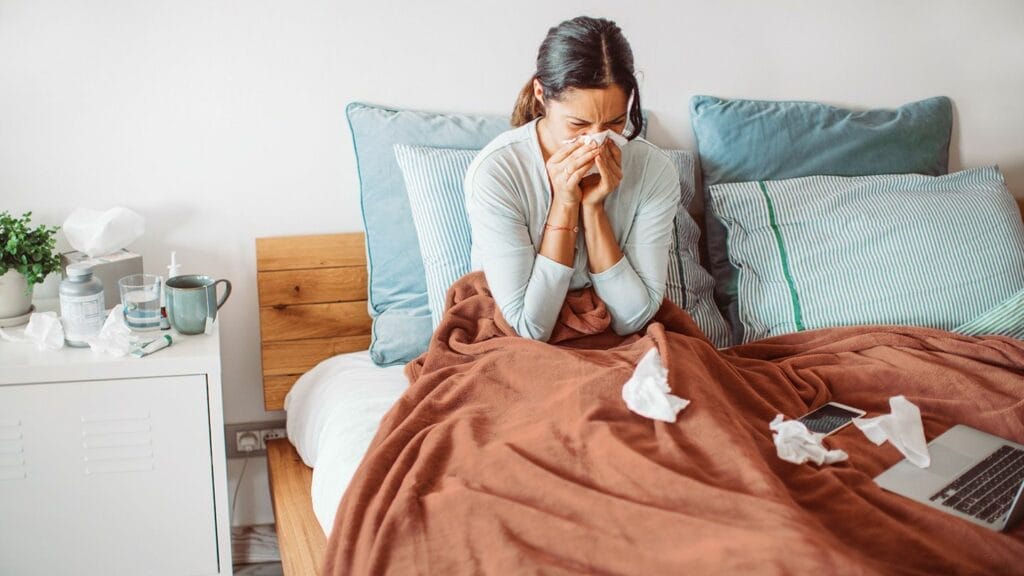
Keep your hands clean and away from your face
- You should be washing your hands with soap and water frequently. And you know the drill: wash for at least 20 seconds, especially after you’ve been in close contact or in the same room as the sick person. Alternatively, you can use a hand sanitiser with at least 60% alcohol.
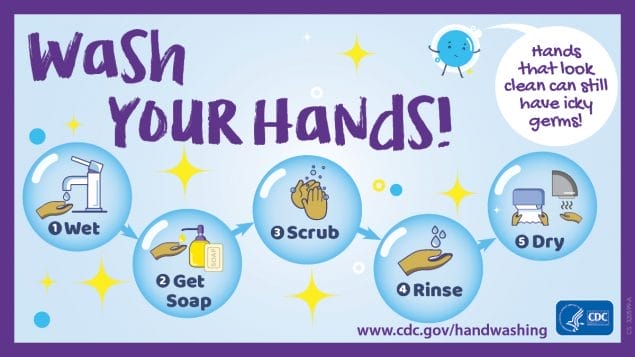
Wear a mask
- You should be wearing one, especially when you need to be in the same room with the person who is ill, especially when the person isn’t able to wear a face mask. Keep a distance of 2 metres away from the ill person. Keep your hands away from your mask. Don’t touch or handle your mask while you are using it. And replace your mask with a clean, dry one if it gets wet or dirty. Remember to wash your hands after your change your mask too.

Avoid direct contact with the sick person’s bodily fluids.
- If you have to provide oral and respiratory care, or when you have to handle stool, urine, or other waste, you’d have to wear disposable gloves and a face mask. Then wash your hands before and after removing the gloves and mask. You shouldn’t be reusing the mask and gloves too!
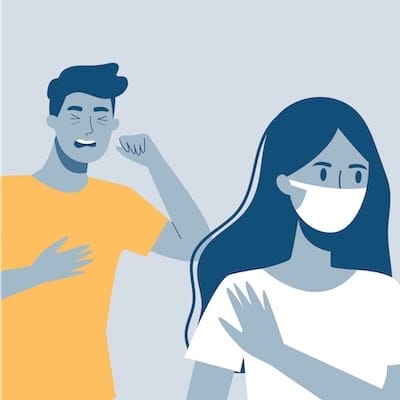
Read Also:
Clean your home frequently
- You can simply use household cleaning spray or wipes to clean your home. Focus on surfaces that are often touched, such as tabletops, counters, and doorknobs. You could avoid cleaning the sick person’s separate room and bathroom.
- Also, set aside utensils, beddings and household items for the sick person. And when you handle the items used by the sick person, wear gloves and wash them in hot water or in the dishwater. It’s best to clean your hands after you take off the gloves or after handling the used items.
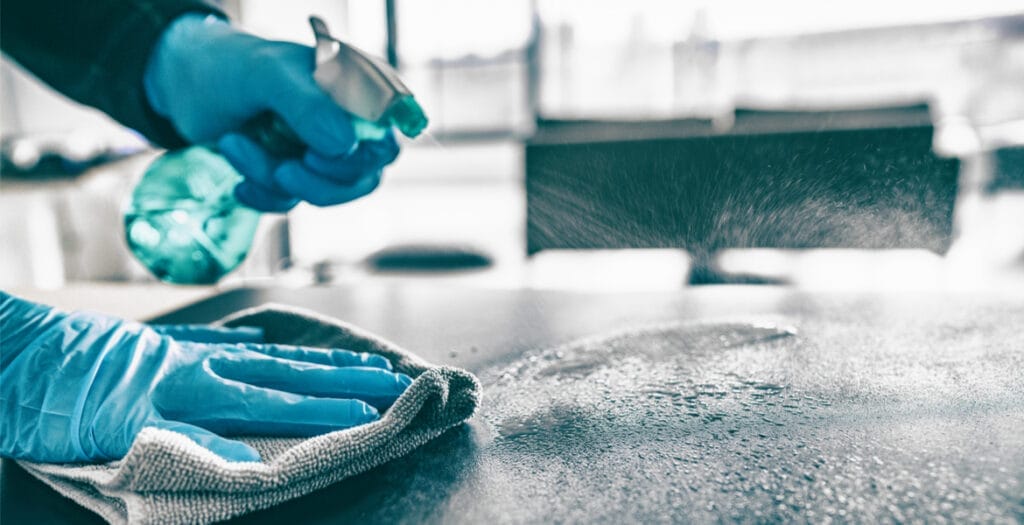
Be careful with laundry
- You can just use your regular detergent to wash the sick person’s laundry. If you can, use the warmest setting. Try not to shake the dirty laundry too. If you have a dryer at home, it’s best to wash your hands after putting the clothes in the dryer too.
- When you’re handling clothes that had been soiled by the COVID-infected person, wear disposable gloves and keep the items away from your body. Wash your hands after taking off the gloves. Then place the gloves and masks in a waste bin in the sick person’s room. The waste bin should have a lid. You’d have to clean and disinfect clothes hampers too. And, of course, wash your hands after.
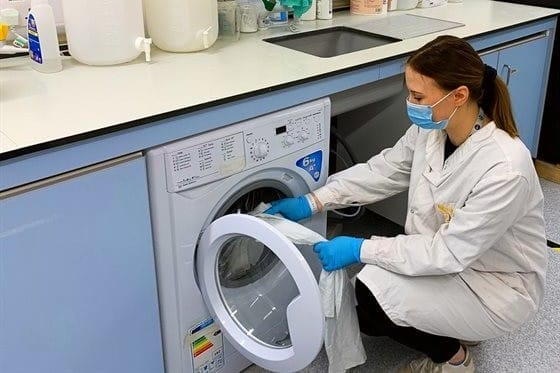
Conclusion
Fighting COVID-19 at home is easier than you think! Boost your well-being with some cool DIY health tricks. Dive into delicious immune-boosting recipes – your taste buds won’t complain! Embrace mind-body wellness with simple daily practices. No need for an expensive gym – home workout hacks are the way to go. Herbal remedies? Yup, discover the power of everyday herbs. Stay informed, stay safe – arm yourself with handy tips. Remember, we’re in this together! Tropika Club Magazine believes that empowering yourself at home is key to overcoming these challenging times. Stay strong, stay well!

Frequently Asked Questions (FAQ)
Q: What are some easy DIY health boosters I can try at home?
A: Enhance your well-being with simple DIY health boosters, including natural remedies and practices detailed in the blog.
Q: Can I find immune-boosting recipes suitable for the Singaporean palate?
A: Absolutely! Explore immune-boosting recipes in the blog, crafted with delicious flavors catering to Singaporean tastes.
Q: Are there specific home workout hacks suitable for small living spaces?
A: Yes! Discover effective and enjoyable home workout hacks tailored for compact living spaces in the blog.
Q: Where can I find information about herbal remedies readily available in Singapore?
A: Uncover the potential health benefits of herbs commonly found in Singapore with insights from the blog.
Q: How can I stay informed and safe against COVID-19 while at home in Singapore?
A: Stay updated and safeguard yourself with valuable tips outlined in the blog to fight COVID-19 at home in Singapore.
Q: What wellness practices are recommended for maintaining mental health during the pandemic in Singapore?
A: Discover essential wellness practices to support mental health during the pandemic, specifically tailored for a Singaporean audience.

Have an Article to Suggest?
Tropika Club is always looking for new and exciting content to feature in their magazine and they value the input of our readers. If you have any noteworthy content or articles that you believe would be a great addition to Tropika Club’s magazine, we are open to suggestions and encourage you to reach out to us via email at [email protected]. By doing so, Tropika Club values your expertise and knowledge in the matter and appreciates your willingness to help. We will review your recommendations and update our list accordingly
Meanwhile, Check Out Tropika Club’s Ecosystem of Websites
Tropika Club Magazine – Tropika Club Magazine is a Singapore-based publication that features articles on a wide range of topics with a focus on local businesses and content for the region. The magazine emphasizes supporting local businesses through its #SupportLocal initiative, which includes coverage of everything from neighborhood hawker stalls to aesthetic clinics in town. In addition to highlighting local businesses, Tropika Club Magazine also covers a variety of local content, including beauty, lifestyle, places, eats, and what’s on in Singapore and the Asia Pacific region.



